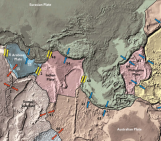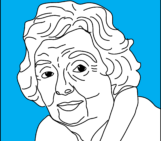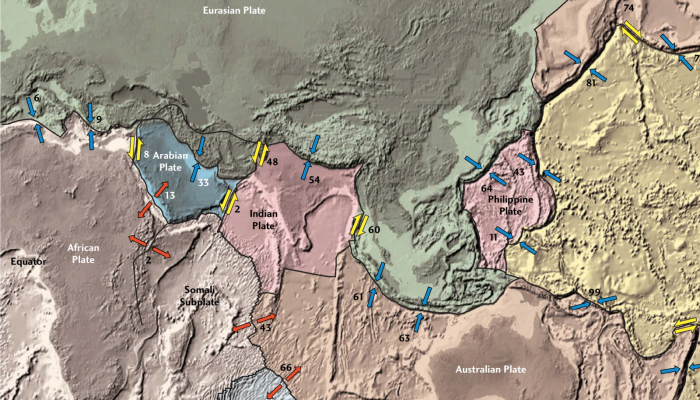
These blogposts present interviews with outstanding scientists that bloomed and shape the theory that revolutionised Earth Sciences — Plate Tectonics. Get to know them, learn from their experience, discover the pieces of advice they share and find out where the newest challenges lie!
Meeting Mathilde Cannat
Mathilde Cannat started her career at the early age of 26 when she obtained her Doctorate in Geology at the University of Nantes, France. After a PostDoc at Durham University, England, she took a position at the National Center of Scientific Research (CNRS). She researched at the University Paris 6 since 1992 and obtained her present position at the Institut de Physique du Globe de Paris (IPGP), France, in 2001. She was awarded with the ‘Médaille d’Argent’ of the CNRS in 2009.
Scientists should be able to take time to produce publications, even if this means that there would be fewer publications
Mathilde, could you share with us your research interests and the methods you use to solve your research questions?
I work on the processes of oceanic accretion. I want to understand how new oceanic domains are created at mid-ocean ridges. My focus lies on the specific case of slow-spreading ridges, where tectonic processes are prevalent, and I unravel the interactions between tectonics, magmatism and hydrothermalism. I’m primarily a geologist, but in addition to submersible studies and rock sampling I also use several geophysical methods, that include gathering time series data on active processes such as seismicity and the temperature of hydrothermal vent fluids.
That’s quite a lot different topics you address. What is the favourite part of your research?
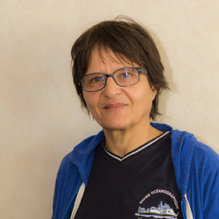
Mathilde Cannat – Credit: ODEMAR scientific cruise
Participate in sea-going cruises is the best part of the job. In particular, the use of manned or remotely operated submersibles to explore the seafloor is a very exciting business. I also very much enjoy good collaborations with colleagues, and the last stages of writing a paper, when it is almost finished. Lastly I am also fond of working with and advising PhD students.
Creating new concepts and knowledge is highly relevant no matter the topic
What do you think makes your research relevant and connected to real world applications?
In my opinion, creating new concepts and knowledge is highly relevant no matter the topic. I completely disagree with the notion that creation of knowledge belongs to some other less real world. I even go further and believe that research is a fundamental part of our culture. In my view whether it can be applied to some material objective at short or longer term does neither increases or decreases its relevance.
After being in the field for quite some years now, what do you consider your biggest academic achievement?
In the ’90s, I proposed a new concept for the formation of seafloor that is partially made of tectonically uplifted rocks from the earth’s mantle. I was the principal proponent of this idea and until today it is still an accepted and commonly used concept.
What is the main problem that you solved during your most recent project?
I don’t believe that science problems are ever truly solved. It is more like conceptual hypotheses that are made based on our current understanding. These hypotheses can then be tested which in most cases results in updating the concept and so on. So for this question, I can say that in my most recent project I have been able to gather observations that appear consistent with the hypothesis that I made with a colleague a few years back concerning the formation of new seafloor at mid-ocean ridges that have a very low melt budget.
Scientist should be able to take time to produce publications, even if this means that there would be fewer publications
Over the years you have seen the system in which scientists manoeuvre their work being changed and adapted. What would you like to change to improve how science in your field is done?
I would definitely change science funding and general organisation to put the emphasis back on teamwork. Also, the pressure that scientists have on publishing their work should go down. Scientist should be able to take time to produce publications, even if this means that there would be fewer publications but these would have been more thought about!
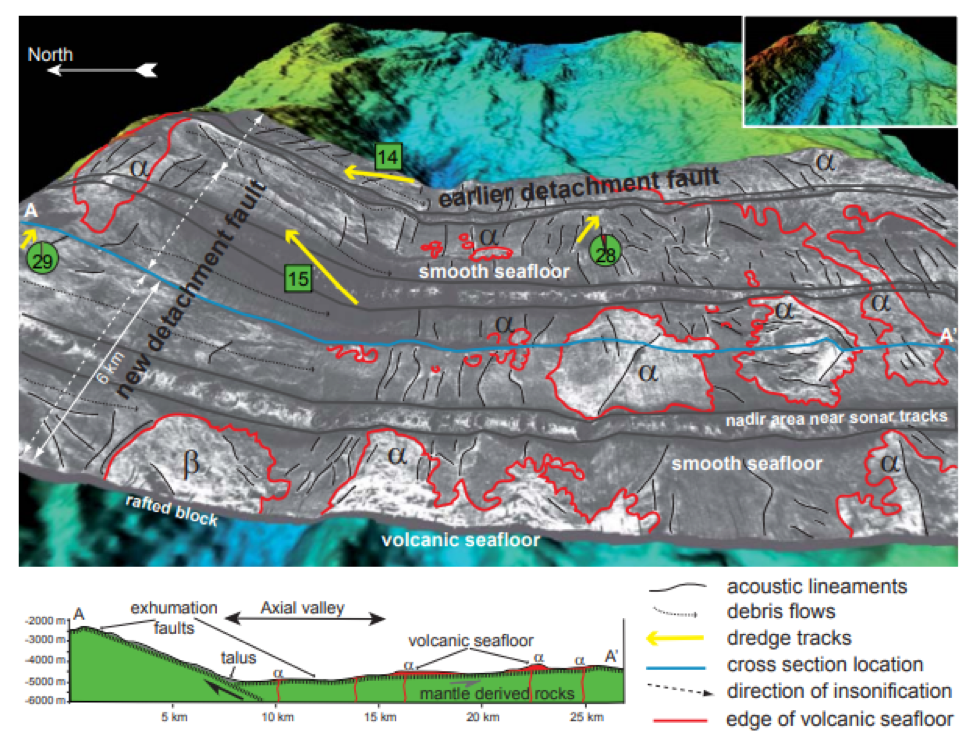
Sauter, Cannat, et al., 2013. Nature Geoscience, 6, 314-320.
For the near future, what do you think are the biggest challenges right now in your field?
We should definitely look at plate tectonics in relation to a more global picture. This means that it would include the interactions and impacts between the solid Earth and the biosphere, the oceans, the atmosphere. This global picture should be regarded both in the present, with a better understanding of time variable processes, and in the past through the Earth’s history.
[To ECS] Do not become bitter when it seems to be so hard to get a stable position
One last question for the Early Career Scientists (ECS) that read this blog, when you were in the early stages what is the best advice you ever received and what advice would you give to them?
When I was an ECS myself, I saw myself staying in academia. The best advice that I was given at the time, I guess, was not to become bitter because it seemed to be so hard and take such a long time to get a stable position during my postdoc years. And so to ECS, I would definitely suggest not to hesitate to contact people, even senior people, if you like their work. Don’t be afraid to ask them questions, explain your own ideas and get into a scientific discussion with them.
Interview conducted by Anouk Beniest

